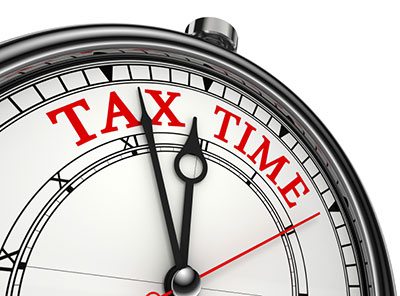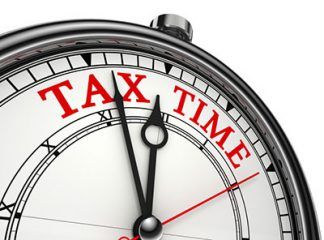Government Challenged on Need for Landlord Tax Changes
The Government is facing a challenge from the Residential Landlords Association (RLA) on the need for forthcoming landlord tax changes.

Government Challenged on Need for Landlord Tax Changes
The Government is being challenged to admit that the reasons for changing the way that landlords are taxed are flawed.
In a recent statement in Parliament, a Treasury Minister, Jane Ellison MP, argued that plans to restrict tax relief on landlords’ finance costs “will reduce the tax advantage landlords have over homeowners in the property market”.
This assertion was rejected last year by Paul Johnson, the Director of the Institute for Fiscal Studies, who said that the tax system “is not, and was not, even before the recent changes, more generous to people buying to let”.
Unlike homeowners, landlords pay Capital Gains Tax (CGT) when they sell a property, as well as paying Income Tax on their rental yield.
With a former member of the Bank of England’s Monetary Policy Committee expressing fears that landlords will need to raise rents by between 20-30% to accommodate the extra costs of the landlord tax changes, the RLA is warning that the policy risks “considerable hardship for tenants”.
The organisation is writing to the Office for Budget Responsibility to provide clarification on the tax burden on landlords compared with homeowners.
From 6th April 2017, the amount of tax relief that landlords can claim on their finance costs will be reduced to the basic rate of Income Tax.
The Chairman of the RLA, Alan Ward, says: “We are now weeks away from a tax change that risks investment in new homes and will cause considerable hardship for tenants.
“It is troubling that ministers have not published any evidence to back up their assertions that landlords are taxed less heavily than homeowners. This is no way to make policy.”
He urges: “We call on the Government to use the Budget this week to halt its planned tax changes, which will do little to provide the new homes to rent they claim to want.”









